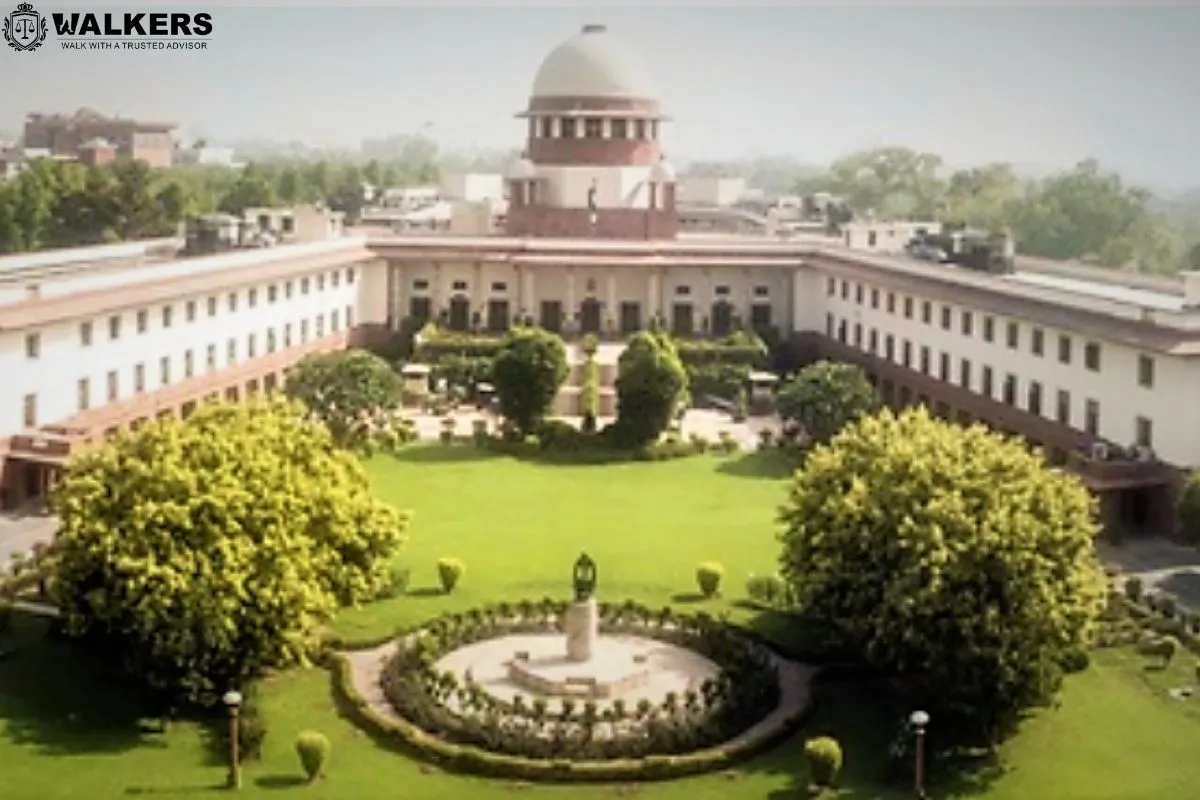


"Supreme Court Stresses Judicial Independence: Contempt Case Highlights Judiciary's Freedom from External Influence"
In a significant development, the Supreme Court underscored the importance of judicial independence, not only in terms of being free from executive pressures but also in maintaining independence from external forces. The vacation bench, consisting of Justices Bela M Trivedi and Prashant Kumar Mishra, firmly stated that individuals who cast aspersions against judicial officers to manipulate legal proceedings should face imprisonment.
During the hearing of the case of Krishna Kumar Raghuvanshi v. High Court of Madhya Pradesh at Jabalpur through Registrar General, Justice Trivedi emphasized the gravity of the situation, stating, "If you make allegations against a judicial officer, you deserve to face the consequences. An independent judiciary is not only independent from the executive but also from external influences. Justice cannot be compromised in this manner. Lower court judges must be able to decide cases freely. Imprisonment is undoubtedly warranted. How can someone tarnish the reputation of a judicial officer on social media?"
When the petitioner's counsel suggested increasing the fine instead of imprisonment, the bench remained resolute, declaring, "Absolutely not. If it hasn't been done already, he should be imprisoned. He circulated WhatsApp messages, and we are here to dispense justice, not to show mercy! Even an ordinary individual must learn some tough lessons. Plea dismissed."
The case before the Supreme Court revolved around the appellant, who managed a small temple in Raisen district, Madhya Pradesh. The appellant had challenged contempt proceedings initiated by the Madhya Pradesh High Court for defaming the judiciary through a WhatsApp message. On May 15, the High Court had sentenced him to 10 days of simple imprisonment along with a fine of ₹2,000.
The origins of the case stemmed from a dispute between two parties over the management of a temple trust. Initially, a civil court directed the two sides to share the trust's management equally. However, the appellant challenged this order before the Additional District Judge (ADJ), who failed to hear the appeal for an extended period. Eventually, the parties reached a settlement.
When the parties approached the High Court regarding the settlement, the ADJ allowed the appeal but imposed additional conditions on the appellant. Dissatisfied with this order, the appellant once again approached the High Court, which granted a stay on the lower court's decision.
Subsequently, the appellant filed a complaint against the ADJ with the High Court's Vigilance Registrar, alleging an abuse of office. Unfortunately, the complaint was inadvertently shared via WhatsApp and even reached the State government. Although an inquiry dismissed the complaint, the High Court initiated civil and criminal contempt proceedings against the appellant based on a reference from the concerned ADJ, leading to the present order under scrutiny.
Advocates Akshay Sapre, Abhijeet Swaroop, Phalguni Nigam, Aamir Siraj, and Vinam Gupta represented the contemnor in the case.
TAGS: Supreme Court Independence Judiciary Contempt Case Executive External Forces Cast Aspersions Imprisonment Judicial Officer Social Media Fine WhatsApp Messages Vacation Bench Krishna Kumar Raghuvanshi High Court of Madhya Pradesh Judicial Independence Manipulate Legal Proceedings Temple Trust Civil Court Additional District Judge Settlement High Court's Vigilance Registrar Abuse of Office Civil and Criminal Contempt Proceedings Advocates Akshay Sapre Abhijeet Swaroop Phalguni Nigam Aamir Siraj Vinam Gupta